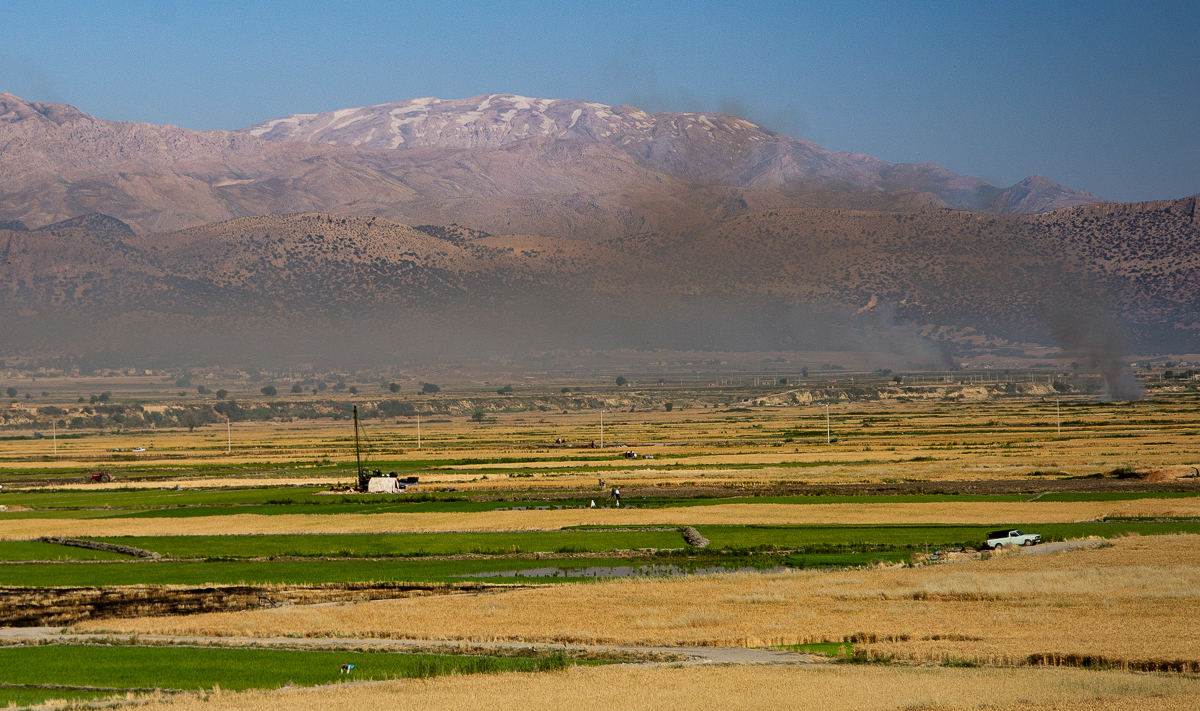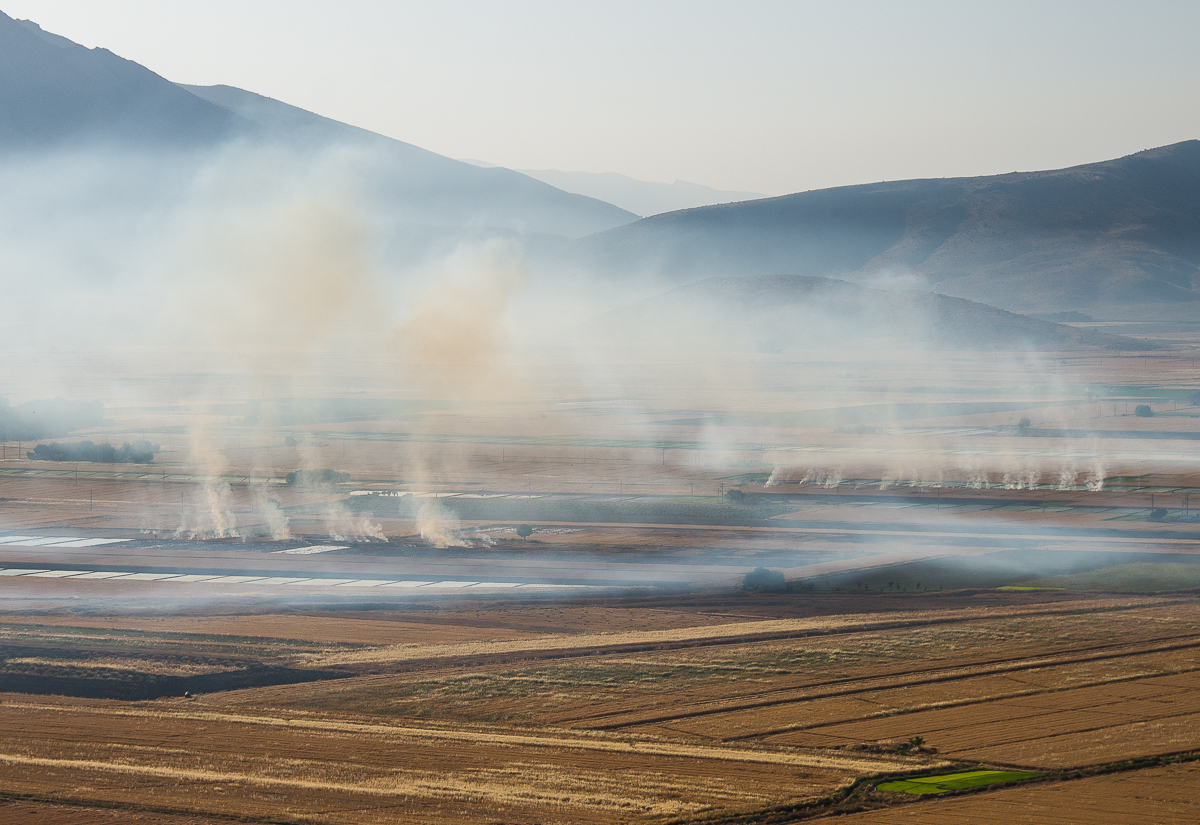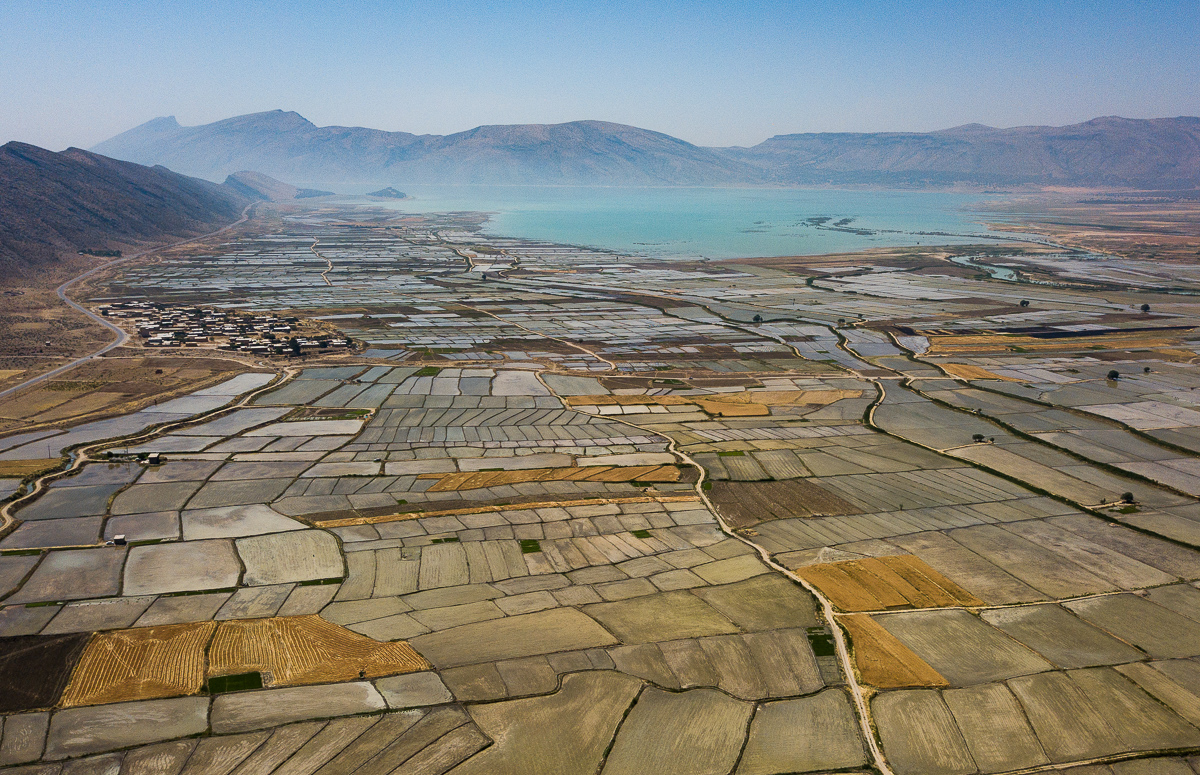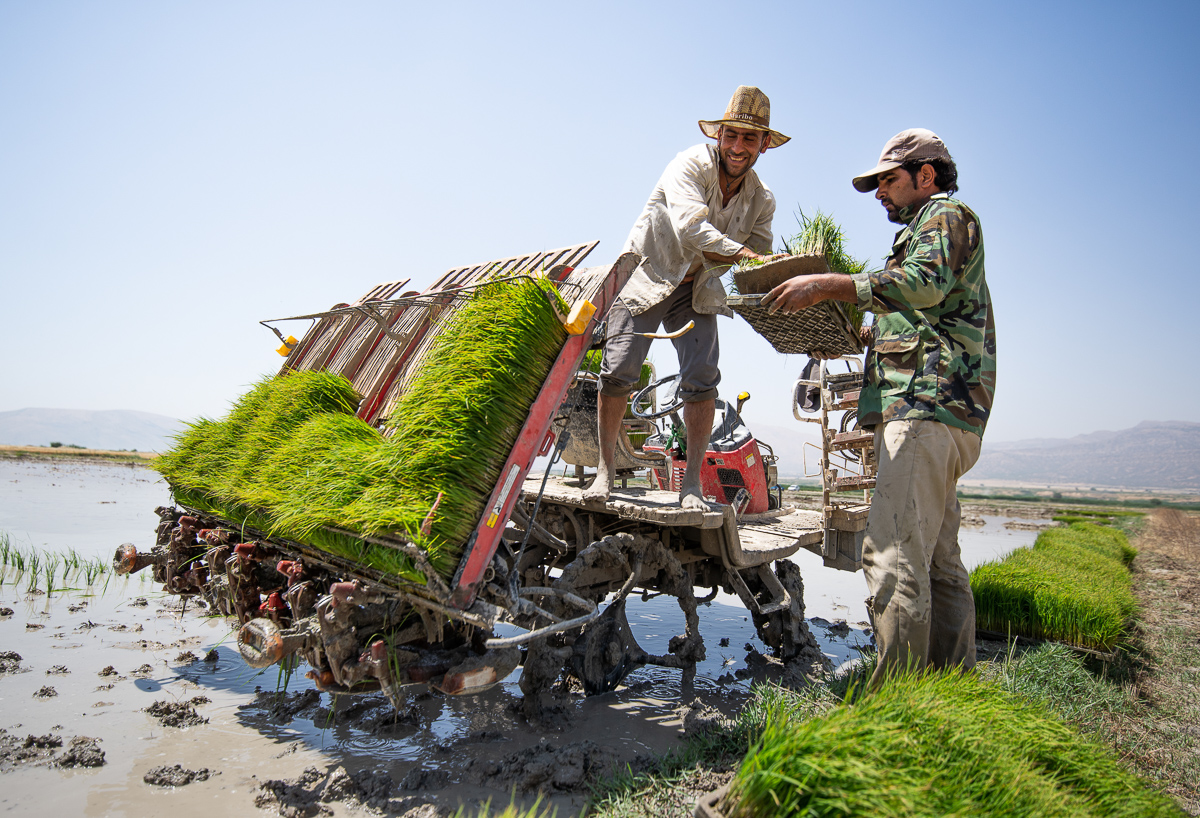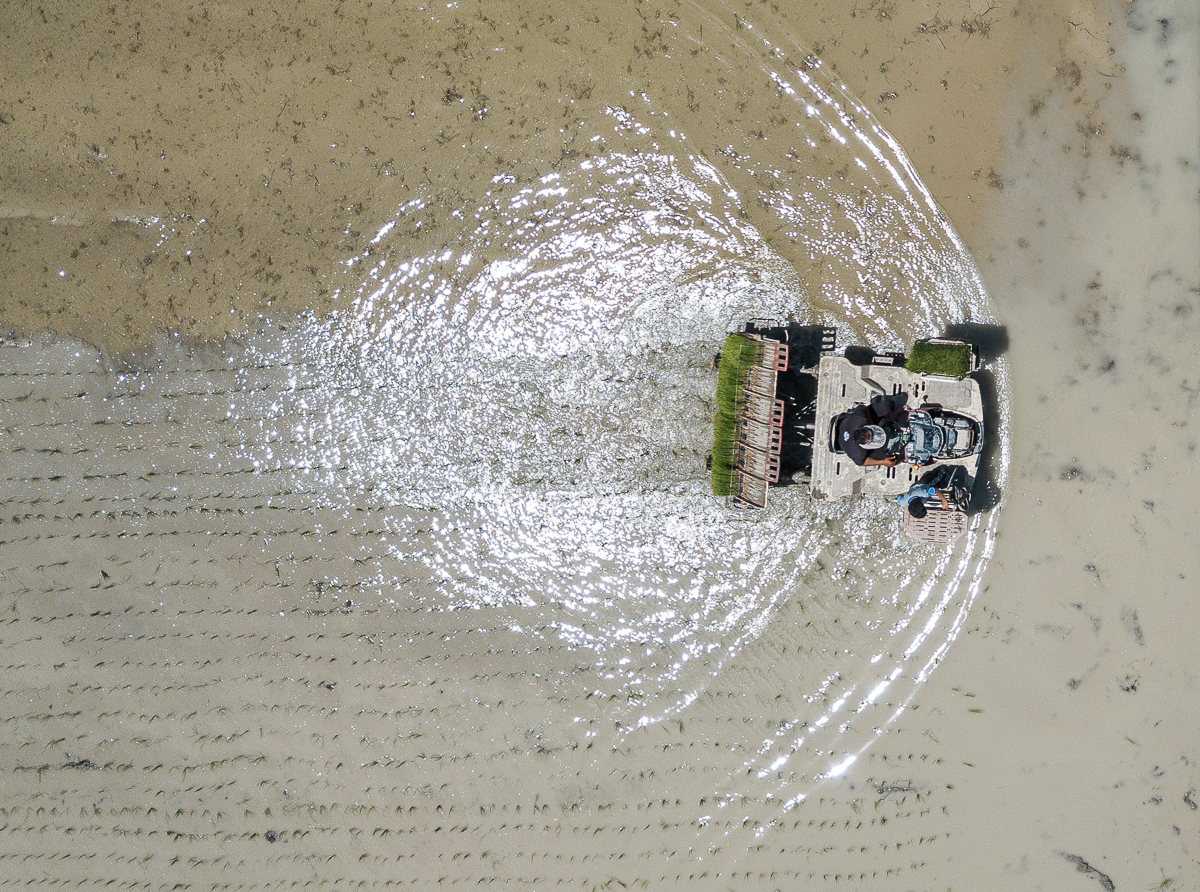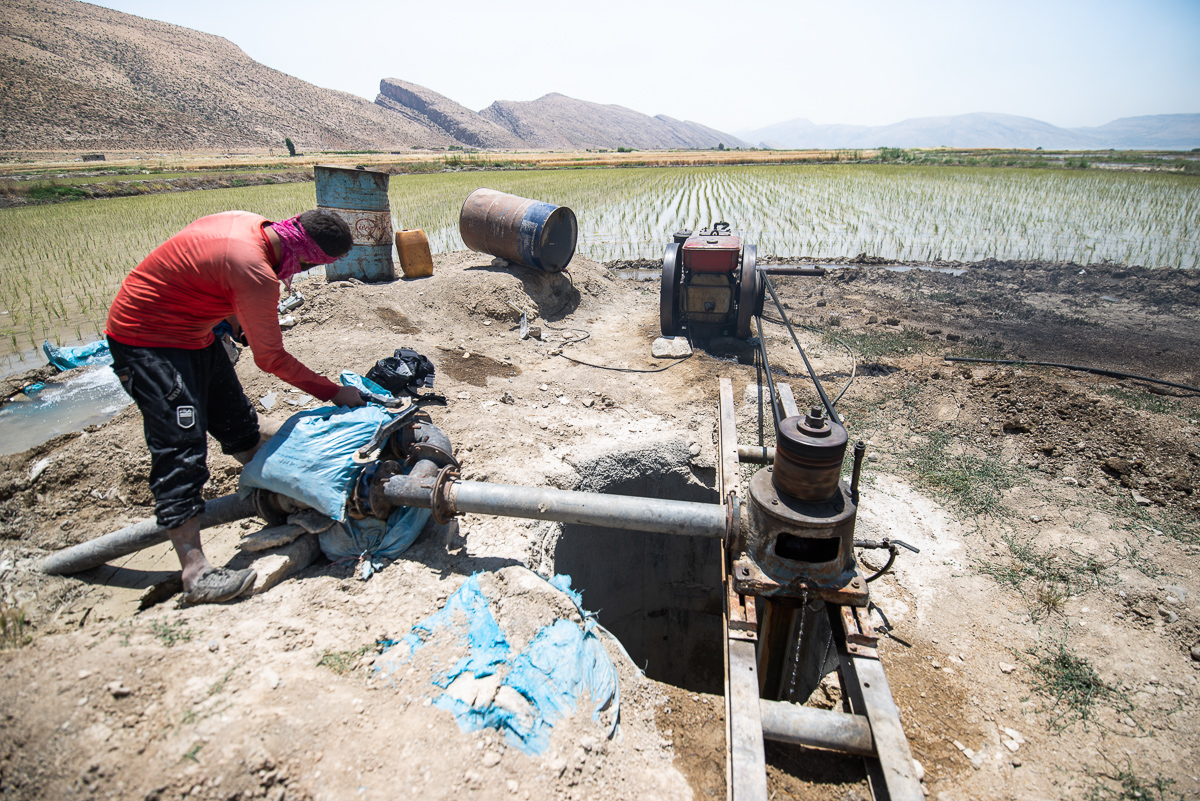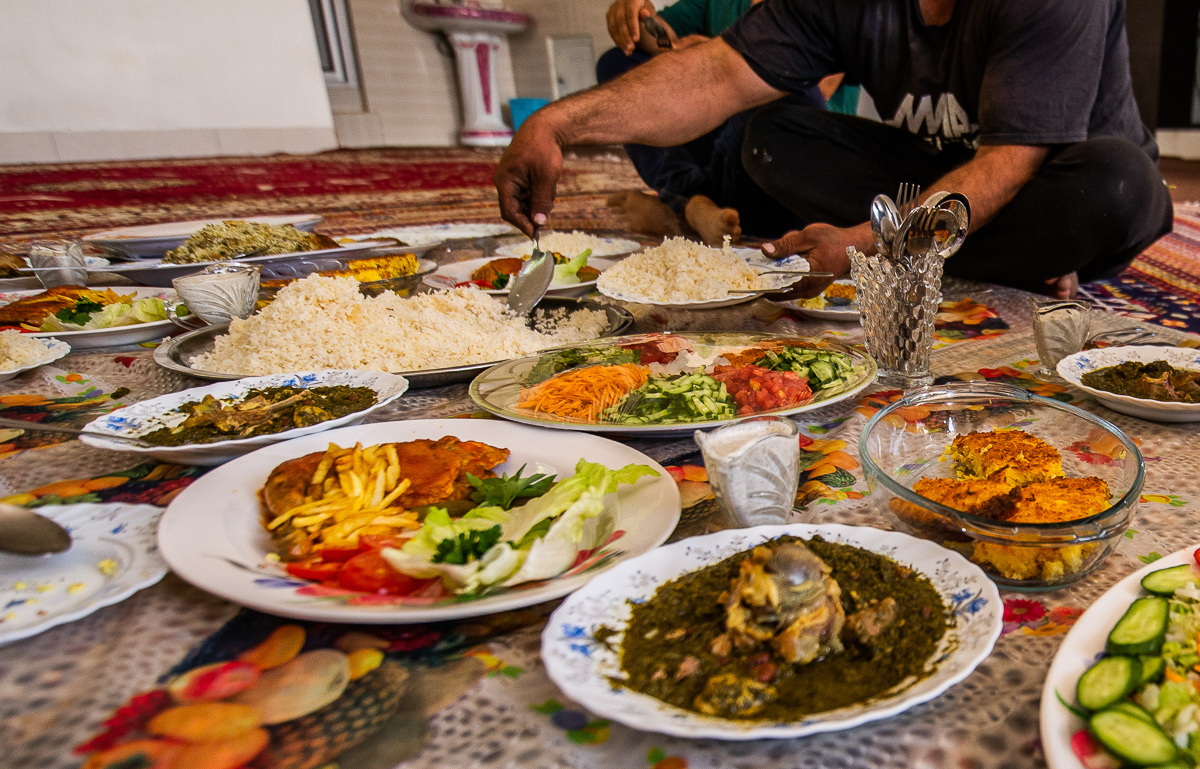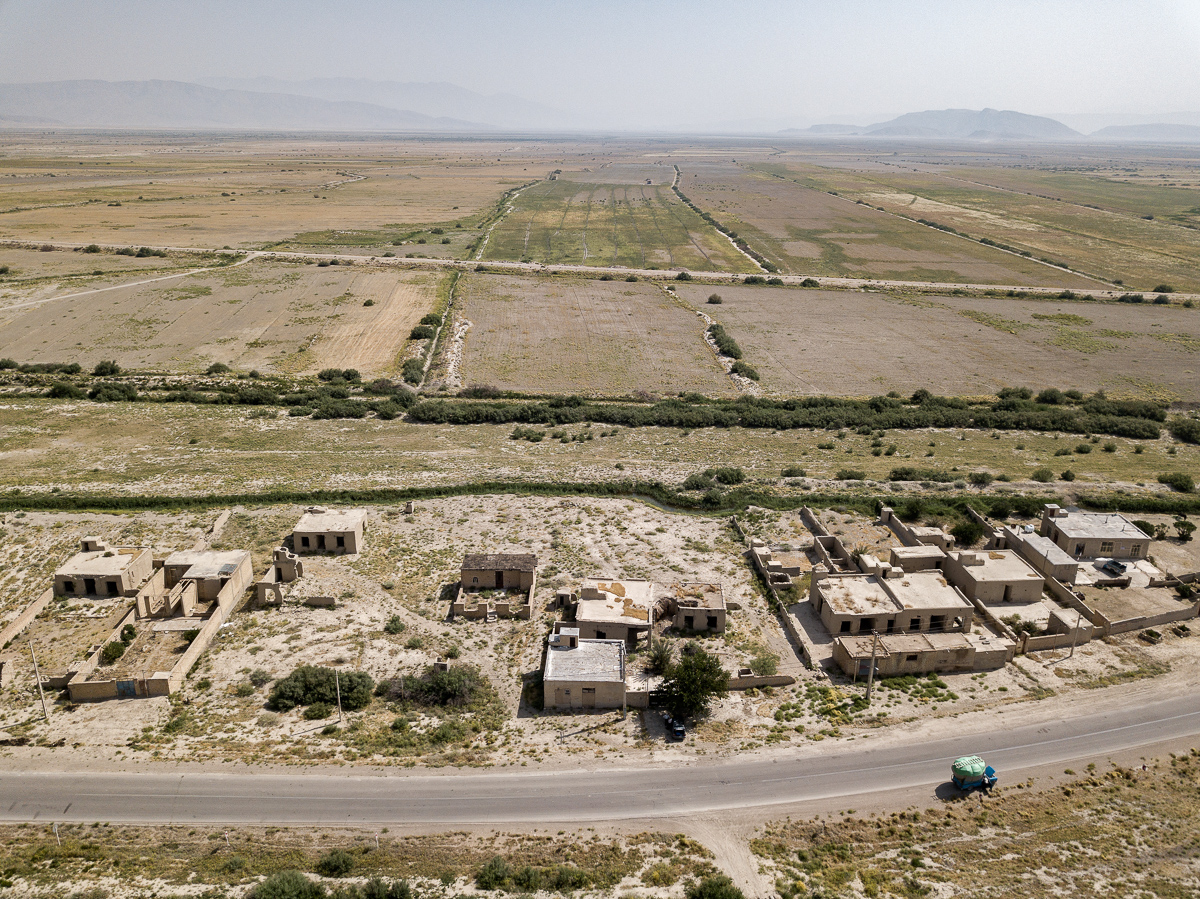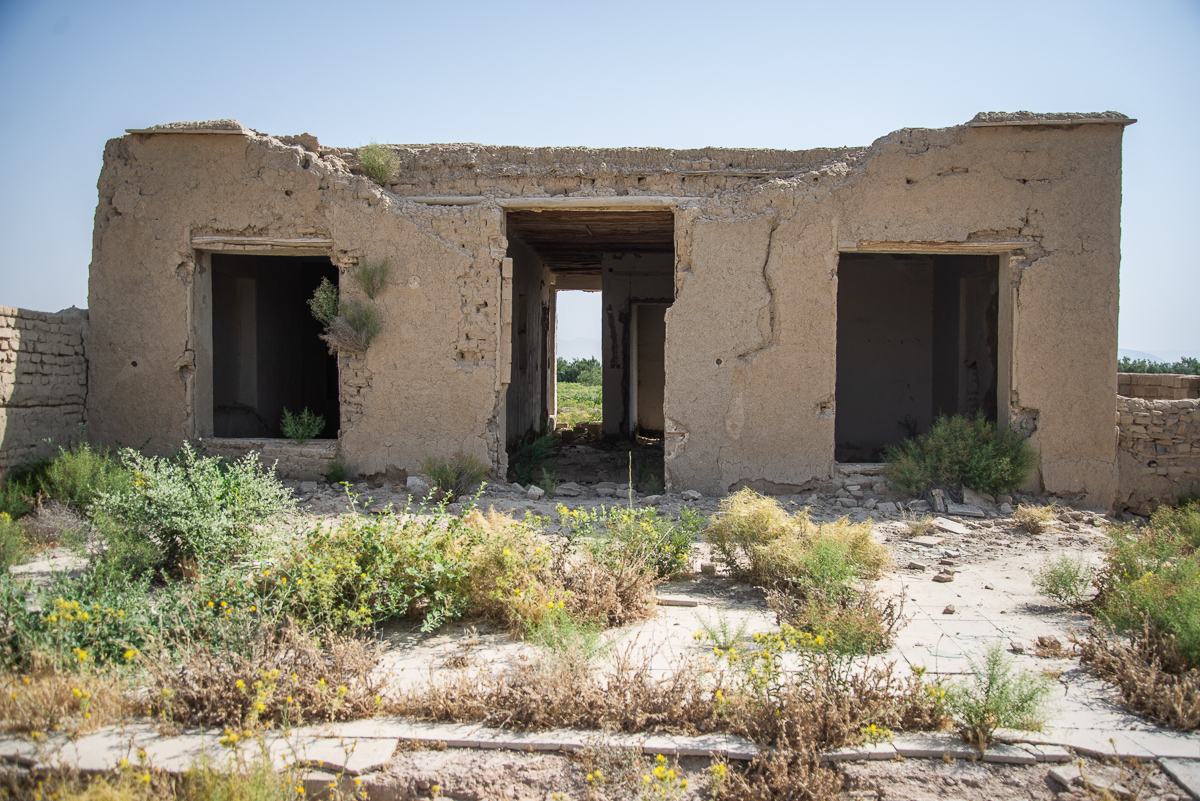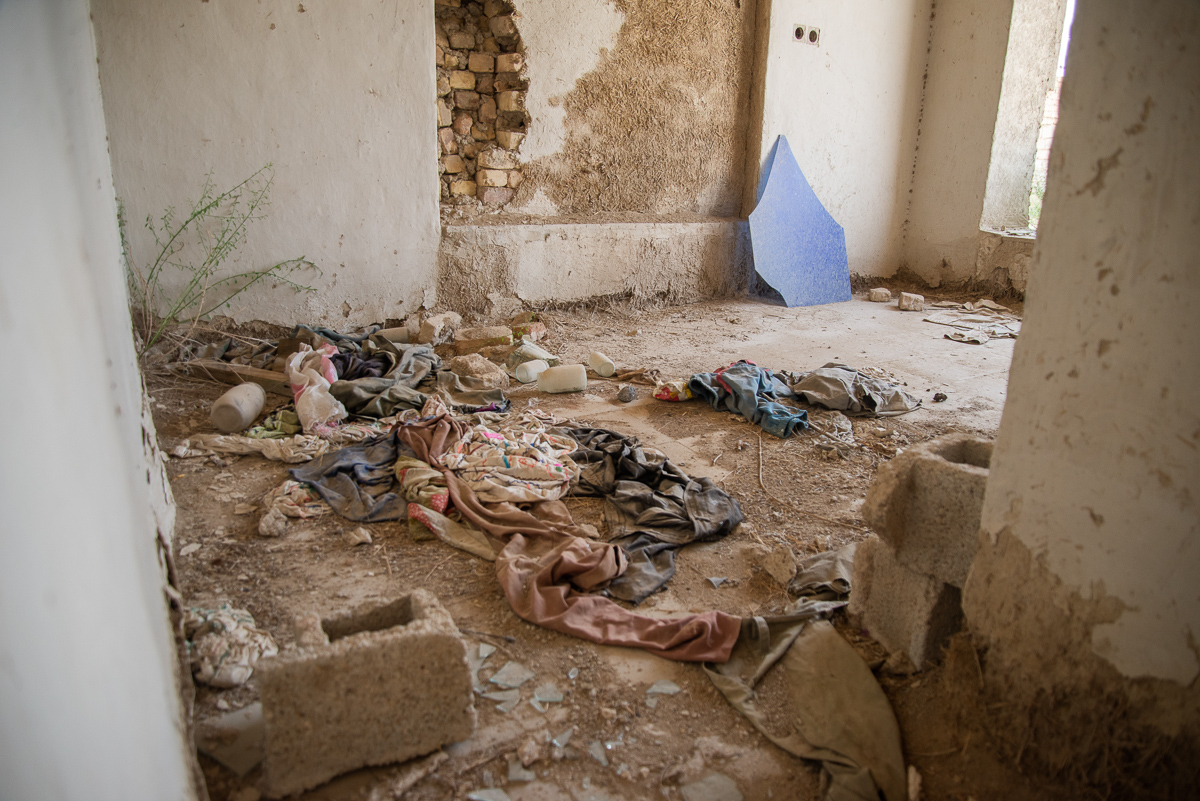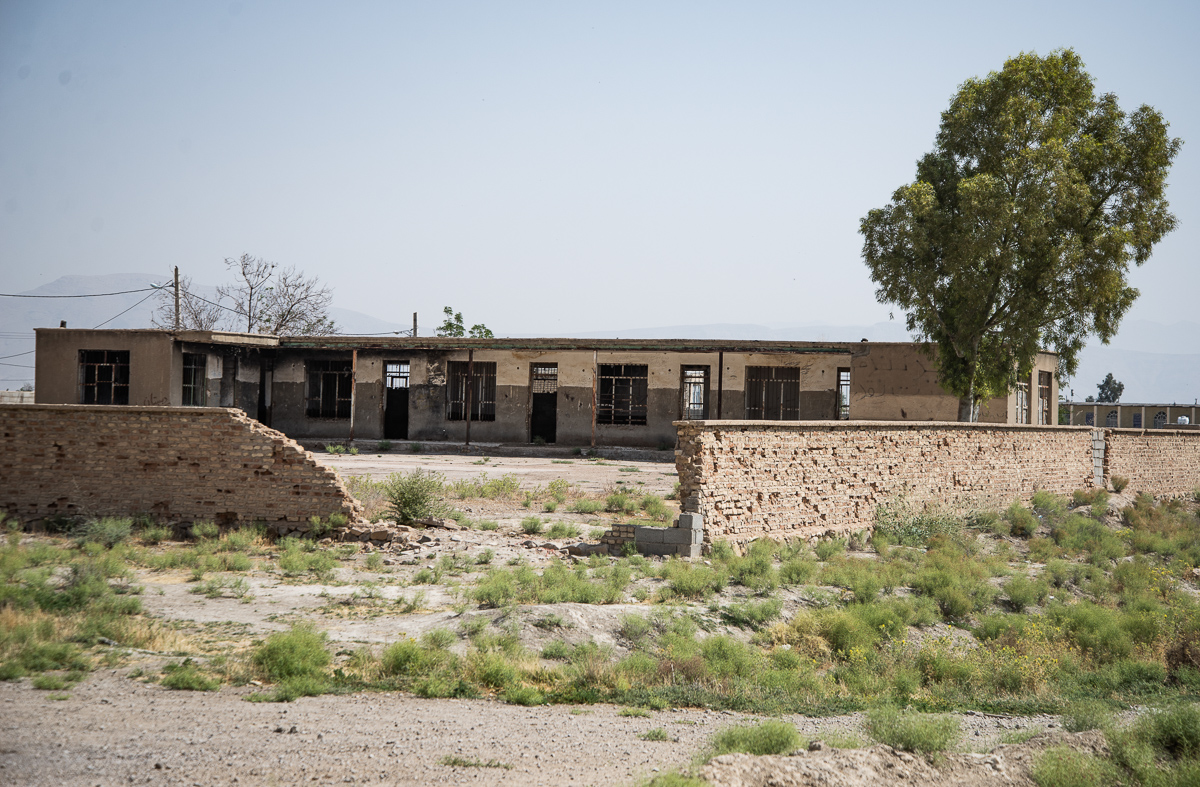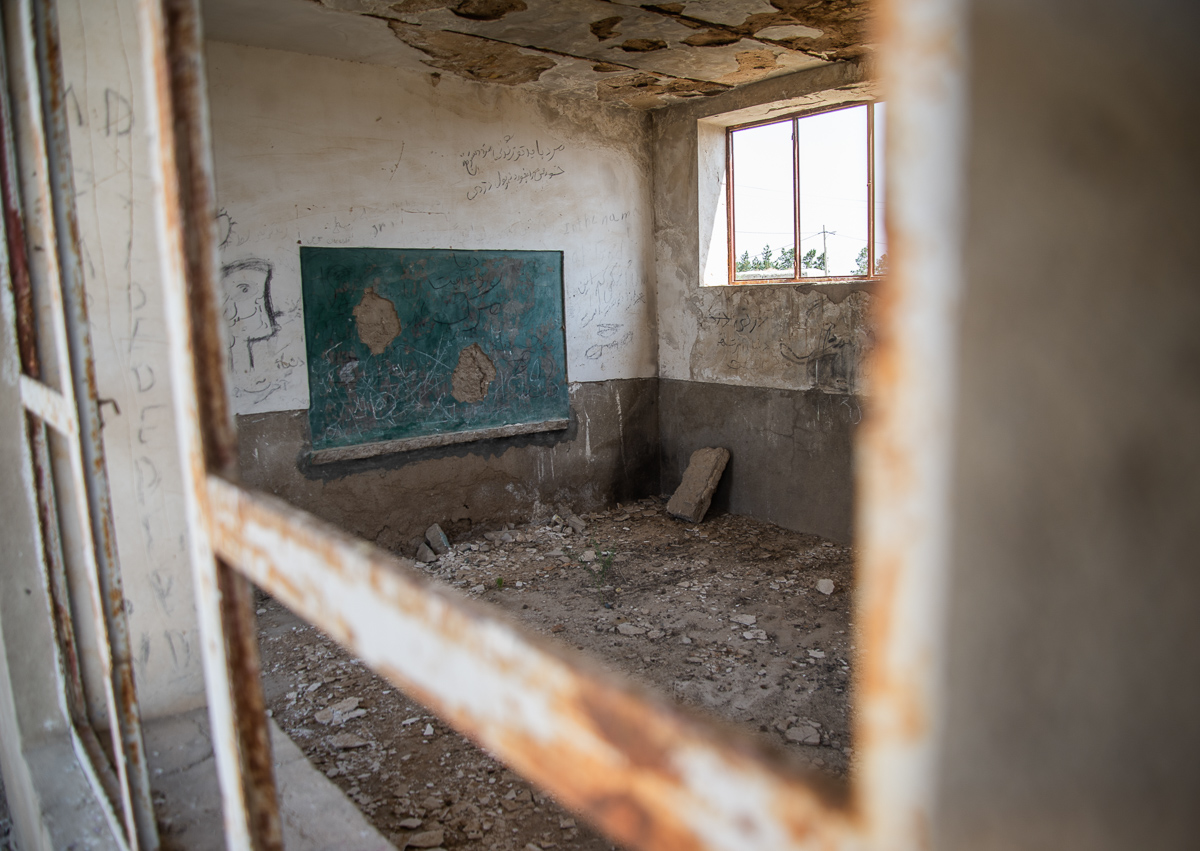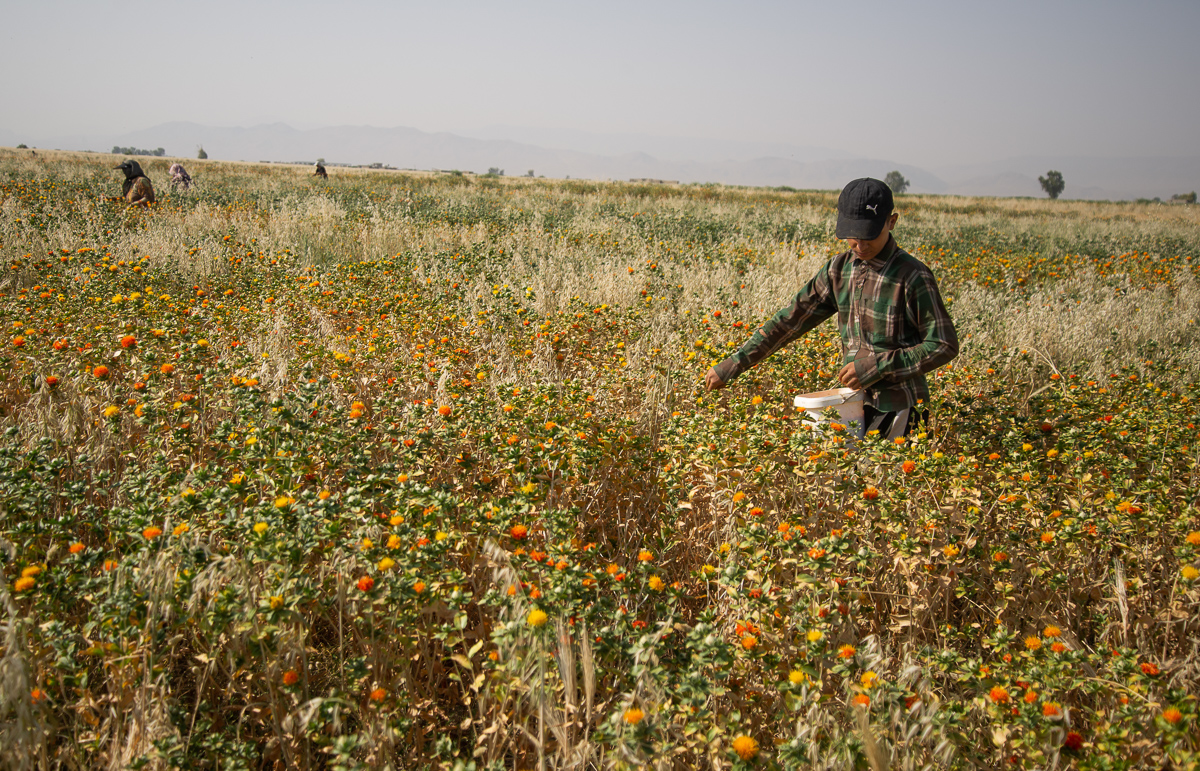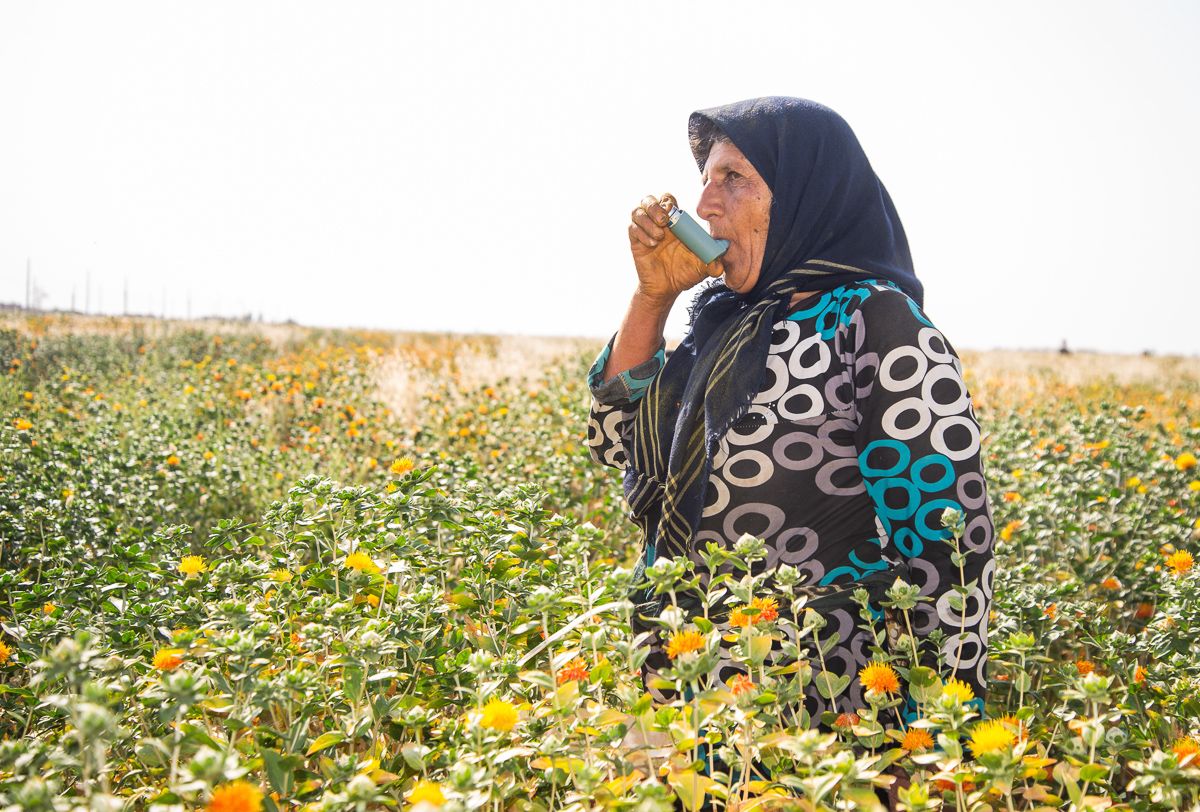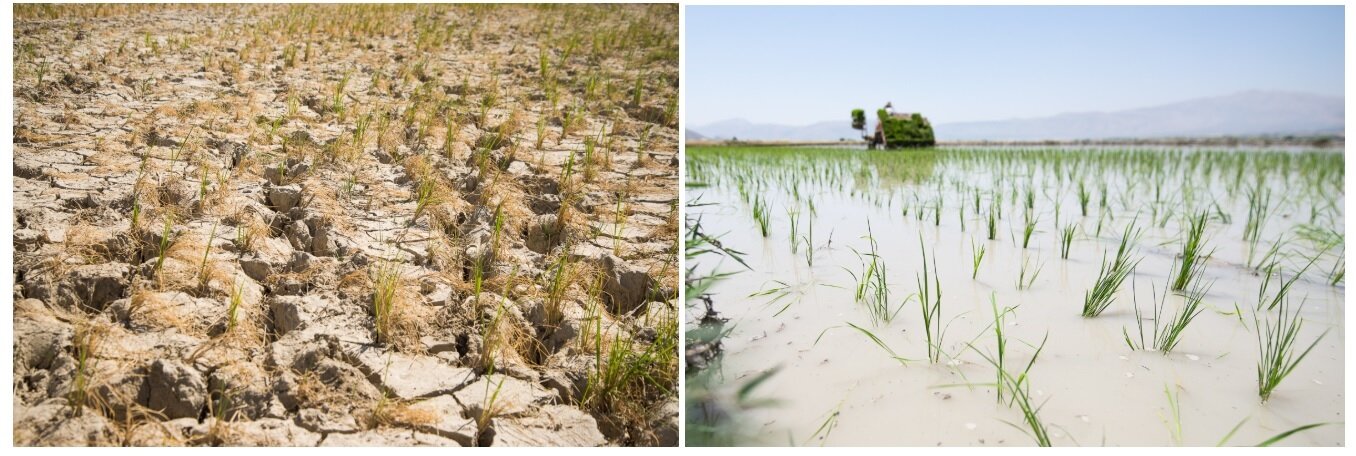The Tragedy of Cognitive Biases
A visual story of human inaction towards climate change adaptation
While environmental activists constantly warn us that climate change is happening rapidly, and in the scale of history, they are right, psychologists and neurosciences believe that from the viewpoint of the human brain these changes are happening slowly—so slowly that it does not trigger proper action from most of us! The human brain computes and reacts very fast to a rapid object coming towards the head. Even though, it is not wired to react properly to threats such as climate change that happen at a slow pace and on a geographically large scale. Therefore, in handling our relationship with environmental issues, we are exposed to several cognitive biases. These biases lead to decisions that might be beneficial for an individual in the short term, but are collectively often not rational and, therefore, accumulate harmful results in the long term. It is, hence, very essential that in the human-environment relationship, the responsibility of decision making and its consequences gets removed from the shoulders of individuals and gets done by institutes and organizations that have holistic overview on the ecosystem, its ecological capacities and climate trends. In any region where that holistic view towards the ecosystem and its ecological capacities is absent, individuals have no choice than to make decisions intuitively, and they often do so until they lose the battle to the climate change and limited ecological capacities of the region.
In this photo reportage, I am narrating the story of one of the thousand regions in the planet that have faced the effect of climate change on their ecosystem, and where the people have a bitter fate in their lack of holistic view and long-perspective management. The reportage is published in Iranian magazine Tejarate-Farda.



